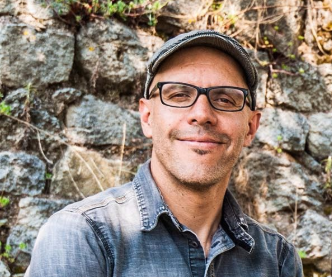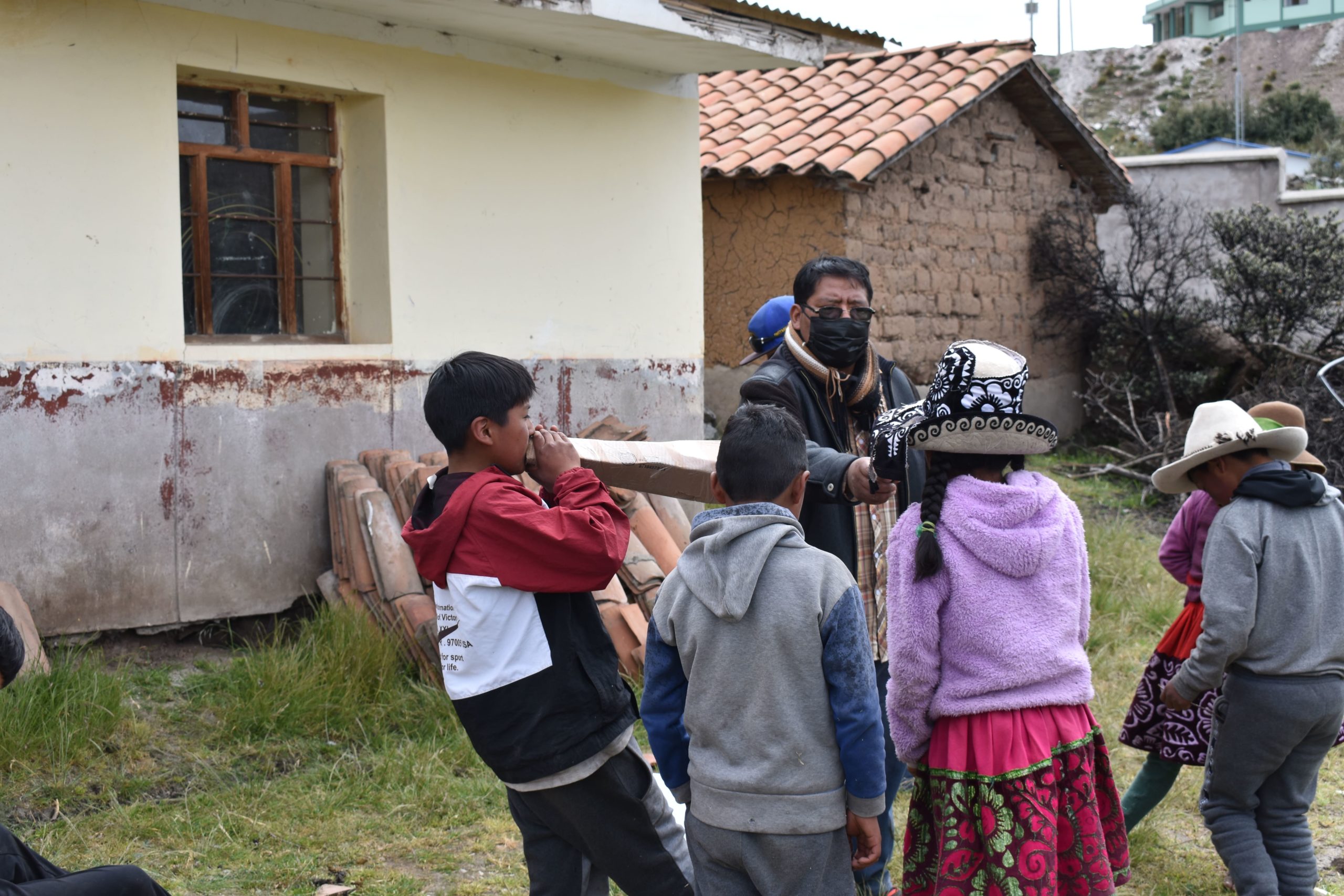Diversity as a digital opportunity
Pukllasunchis Association is an institution for kindergarten, primary and secondary education in Cusco, Peru, that has an intercultural, inclusive and environmental approach. Also, the school’s learning experience “Radio with Andean Girls and Boys” was one of the selected projects to be presented in the Challenge for Media Education at MWC Barcelona 2023.
The digital platform Puklla Virtual was designed to manage learning in a simple, accessible and free way, during the preventive and mandatory social isolation of the Covid-19 pandemic in 2020. Its goal was to provide an inclusive and high quality educational proposal of distance-learning that could meet the demands of diversity, not only in students, but also in families and teachers, in a context with a deep digital divide: limited access to and possession of technology, poor connectivity, lack of computers and smartphones, etc. This was evidence of unequal development and lack of skills and digital competences. To deal with digital inclusion, an ICT Institutional Committee was created to transversally reflect, coordinate and propose the training, use and implementation of technologies in a pedagogical way, and respecting cultural diversity. This committee continues rethinking the current challenges of digital inclusion in Pukllasunchis.
Interview to Serguei Alvarez
For example, we might implement methodologies such as Project-based Learning (PBL) or projects like Future Classroom Lab, which allow for the development of different activities simultaneously in a modular and flexible space.
Though access to technology is a right, it becomes useless if it is limited just to its physical implementation or to regular “training” to manage tools. Instead, technology must be at the service of developing new pedagogical proposals that allow to build learnings from protagonism, flexibility, adaptation and creativity.


